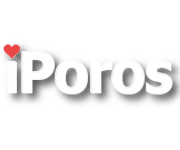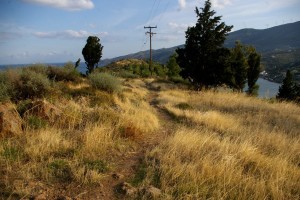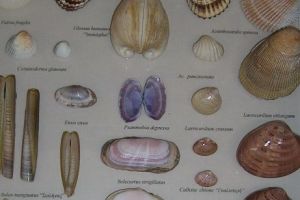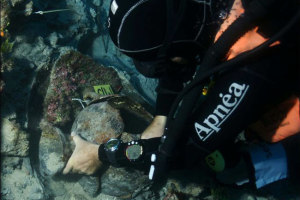
Viewed from a slight distance, Poros Town has been compared to a giant snail sitting at water’s edge—and, indeed, the clock tower might be mistaken for the mollusk’s antenna as it rises over the jumble of houses arrayed on the humped headland. From this slight elevation, the town extends down a long shoreline, tracing the strait to the south and curving inland on the north.
A mix of tavernas, café-bars, and souvenir shops rise on the waterfront which intersects with narrow, white-washed lanes leading into the second, third, and fourth tiers of residences. Quayside buildings are mostly in the neoclassical style, with the less ornate cubeiform architecture especially visible in the upper reaches of quarters furthest from the center.

Platia Iroon, or heroes’ square, is the unofficial center of the town. It’s marked by a simple war memorial, a short column on which the names of islanders who died in various wars are engraved. It was erected in 1932 with a private donation. The primary commercial lane runs from just behind the memorial and connects to a second square, Platia Dimarhiou, where town hall is located; a third square further south, Platia Korizi, is marked by the Poros Archaeological Museum.

But don’t limit yourself to the waterfront: head into the town to discover the equally delightfully Ayios Georgios square, edged by tavernas and glimpsed views over the sea.
In the opposite direction, a small quad near the open-air cinema is marked by a bust of Ioannis Kapodistrias, Greece’s first governor, who lived in one of the homes near the open-air cinema.







